The landmark climate agreement in Paris means that, finally, countries will be taking aggressive steps to combat climate change. Does this mean the end of fossil fuel use as we know it? Many seem to think so.
But there is a lot more that needs to happen besides installing more solar collectors if the steady uptick in global temps will be stopped.
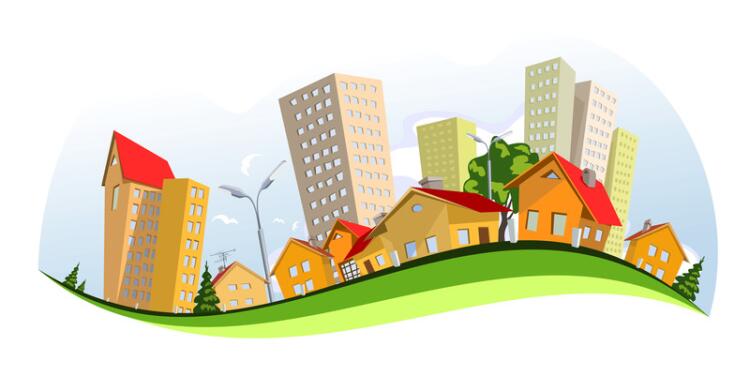
To make significant progress toward combatting climate change, action must be taken not just at the global level, or national level, but at the city and local level. The benefits of such action go beyond the climate. C40 Cities Climate Leadership Group (C40) has shown that climate action taken by cities, in addition to preventing negative effects of climate change, leads to more jobs, cleaner air, and overall better health.
One of the key ways cities must step up to the plate is by focusing on the "back end" of the climate issue, namely: reducing municipal waste.
Waste Management Needs Improvement
Americans produce 262 million tons of municipal waste every year, which rots in landfills and releases climate-altering methane gas. In fact, landfills are the largest man-made source of methane, a greenhouse gas 23 times more powerful than CO2.
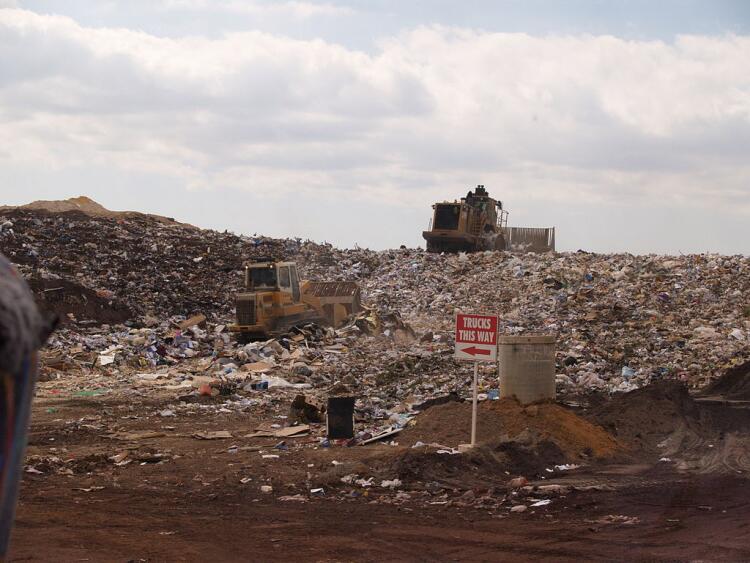
Because household waste is managed by cities, it is at this level that a stronger push toward sustainability can really make a difference. Cities have the power to influence how much their citizens recycle based on the policies and infrastructure they provide for their residents.
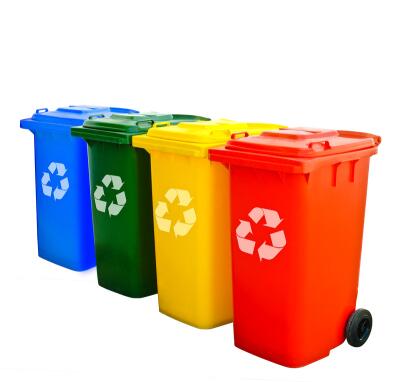
Most cities provide some sort of recycling pick-up for residents, allowing them to recycle paper, plastic, and aluminum from home. But many are lacking any of the more comprehensive measures necessary to really make a dent in the amount of waste headed to landfills.
Some cities are making dramatic changes in their waste management systems to increase recycling rates and reduce the amount of waste that makes its way to landfills. For example, San Diego, California and Seattle, Washington are leading the way in the sustainability movement, providing residents with curbside composting and, in some cases, actually imposing fines for organic waste that is sent to the landfill.
These are all excellent measures that, if implemented consistently, will surely make a big difference in the climate change fight. But there is still the matter of another type of organic waste that is not included in curbside recycling: textiles.
Textiles Pose a Significant Problem for Cities
The Council for Textile Recycling estimates that Americans throw away 21 billion pounds of textiles every year, which accounts for more than 5.2% of all waste. That means that textiles alone are a huge contributor to climate change, and yet only 15% of all textiles in America ever get donated or recycled.
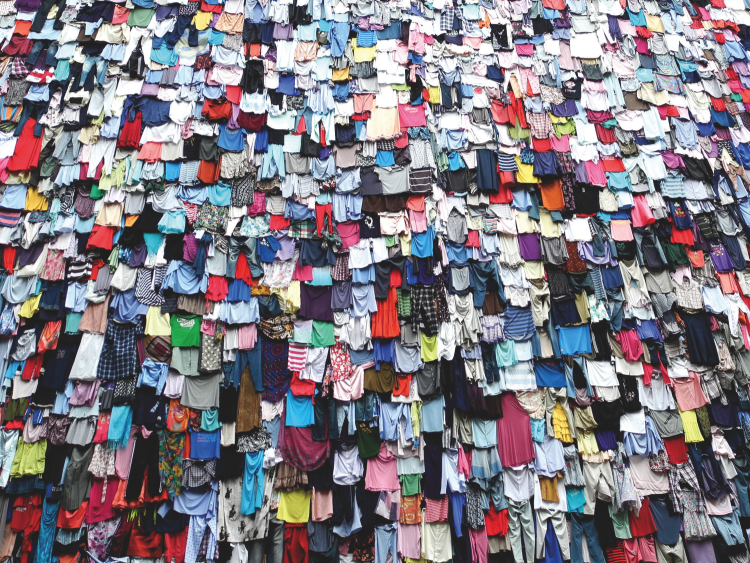
Many cities would like to provide textile recycling, and some even have, but for most cities it is simply too expensive an endeavor. Many cities are already losing money from curbside recycling programs, so to add more facilities to accept textiles is an unrealistic expectation.
Still, landfill space doesn't come cheap either. It costs millions of dollars to build a landfill and then millions more to maintain it. Cities really need their residents to recycle their textiles so that those 21 billion pounds don't waste municipal dollars in the trash heap. And, as studies have shown, convenience makes all the difference in recycling rates; residents are much more likely to recycle when the process is simple, streamlined, and easily accessed.
Donation Bins Provide a Solution
That's where Planet Aid comes in. Our textile donation bins don't cost taxpayers any money, and they are conveniently located across 22 states so no one has to go out of their way to recycle their textiles. Our bins have been diverting 100 million pounds of textiles from landfills each year, which translates to 300-400 pounds of CO2 saved from entering the atmosphere. That's a big win for the environment!
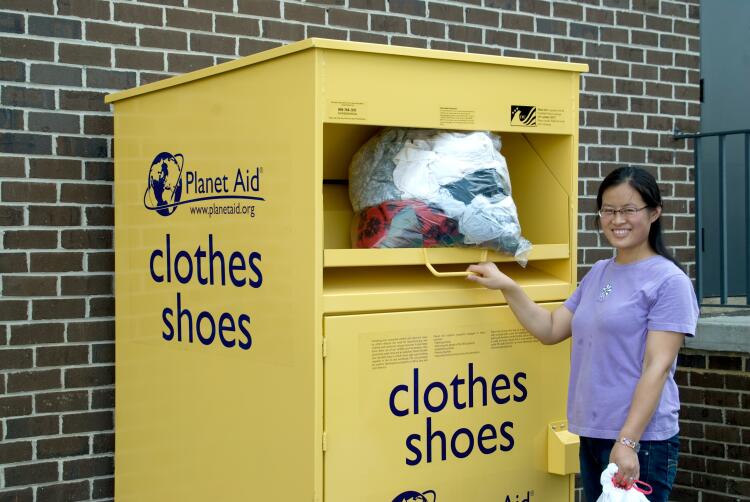
Unfortunately, complaints about how some clothing donation bins are operated have caused some cities to try to ban all clothing donation bins. But this is a big mistake that eliminates a convenient recycling option for residents, infringes upon the free-speech rights of legitimate operators, and ultimately costs cities, and their taxpayers, more money.
The solution to the problem of mismanaged bins is not outright prohibition, but commonsense regulations that protect property owners while also continuing to provide free and convenient recycling options to residents. Planet Aid is happy to work with city governments who wish to adopt bin regulations within their districts, and is proud to have successfully assisted cities with this in the past. By working with nonprofits such as Planet Aid to regulate bin operations, local governments can do their part to combat the effects of climate change and help our nation hold up its end of the Paris climate agreements.
For more information, visit our government resources page, or contact us at info@planetaid.org.
